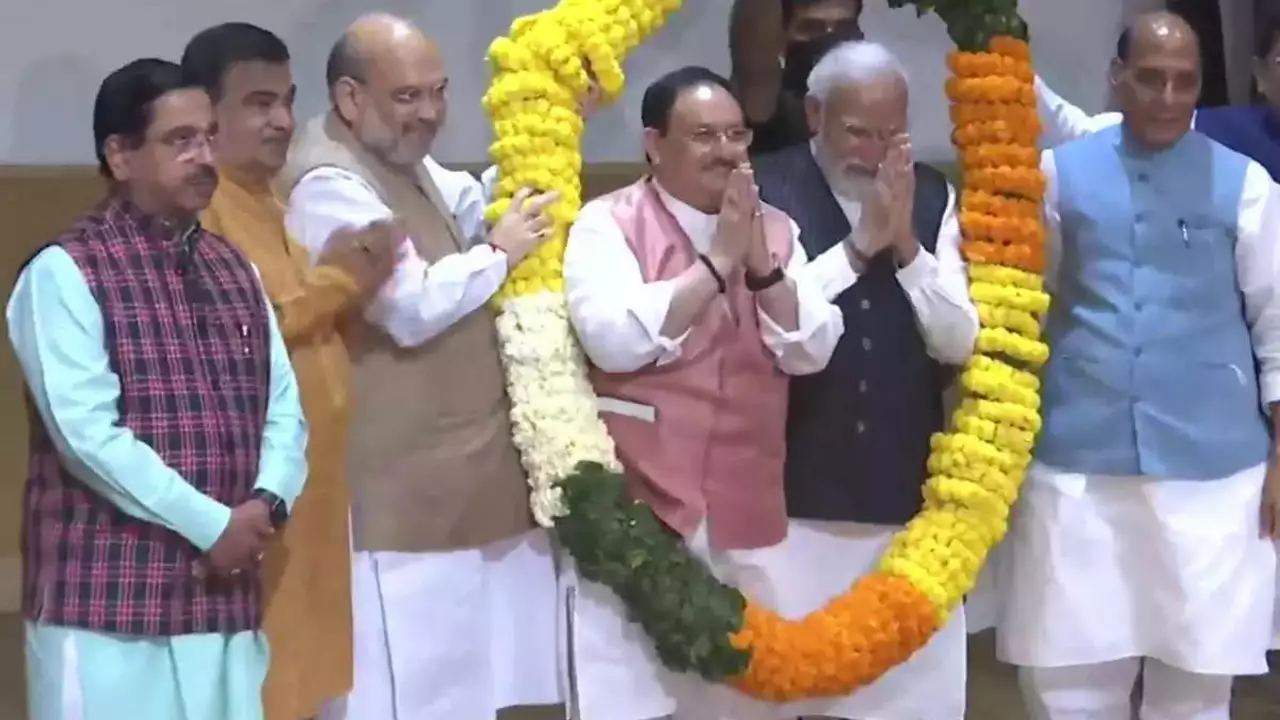Political Dynasty Explained: The Basics and the Impact
Ever wonder why the same family names keep popping up in elections? That’s a political dynasty – a family that controls a share of political power across generations. It’s not just a fancy term; it’s a real pattern you can see in many countries.
In a political dynasty, one person wins an office, and then a relative – a son, daughter, sibling or even a cousin – runs for the same or a different post later on. The name carries weight, supporters trust it, and the party often backs the family because they know it brings votes.
Why Do Political Dynasties Stick Around?
First, name recognition matters. Voters see a familiar face on the ballot and feel they know what to expect. Second, families build networks of donors, activists and local leaders over time. Those connections are hard for a newcomer to match.
Third, media coverage tends to focus on well‑known families, giving them free publicity. And finally, some people genuinely believe a family’s track record shows competence, so they keep voting for them.
Pros and Cons for Voters
Political dynasties can bring stability. If a family has delivered good governance, voters may feel safe staying with them. They also often have the experience to navigate the bureaucracy quickly.
On the flip side, dynasties can choke fresh ideas. New leaders might find it hard to break in, even if they have great plans. Concentrating power in one family can also lead to corruption or favoritism, because checks and balances weaken.
For voters, the key is looking beyond the last name. Check the candidate’s own record, promises and policies. Don’t assume a family legacy automatically means good or bad performance.
Across the world you’ll see examples from the Kennedys in the U.S. to the Gandhi‑Nehru family in India, the Bhuttos in Pakistan, and many more. Each case shows how dynastic politics can shape a nation’s direction.
If you’re curious about a specific family, start by reading local news, watching debates, and talking to people in the community. The more info you gather, the easier it is to decide if a dynasty’s legacy lines up with your hopes for the future.
Bottom line: political dynasties are a mix of brand power, network strength, and sometimes genuine service. They’re not automatically good or bad – it’s up to you to weigh the facts and vote accordingly.
Political dynasty biggest enemy of democracy: PM Modi?
- Vivaan Kulkarni
- |
- |
- 0
In a recent statement, PM Modi has voiced his concern over the prevalence of political dynasties, identifying them as a major threat to the democratic principles of our nation. He argues that power concentrated within a specific family or lineage undermines the essence of democracy, which is grounded in equal opportunity for every citizen. These dynastic politics, he suggests, create barriers for deserving individuals to enter and thrive in the political arena. PM Modi's comments have stirred up debates nationwide, with supporters appreciating his stand against nepotism while critics scrutinize his political motives. As a curious observer, I believe this discussion invites us all to reflect on the state of our democracy and the elements that may be hindering its progress.
View more